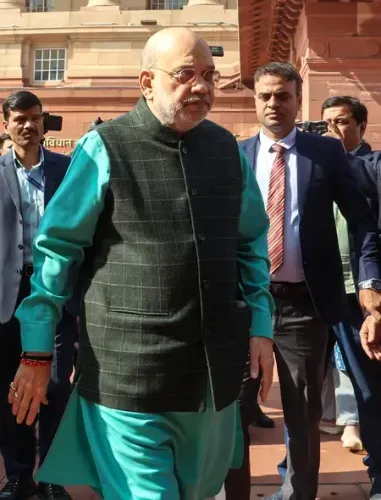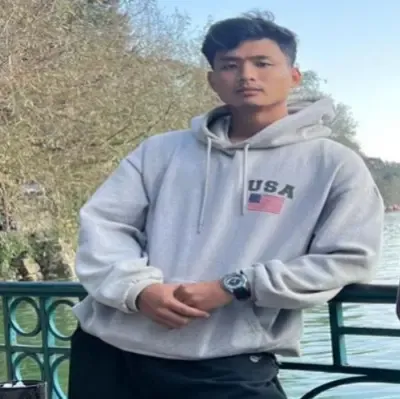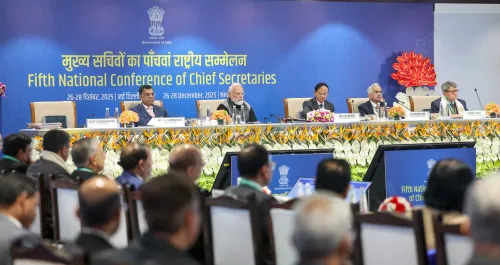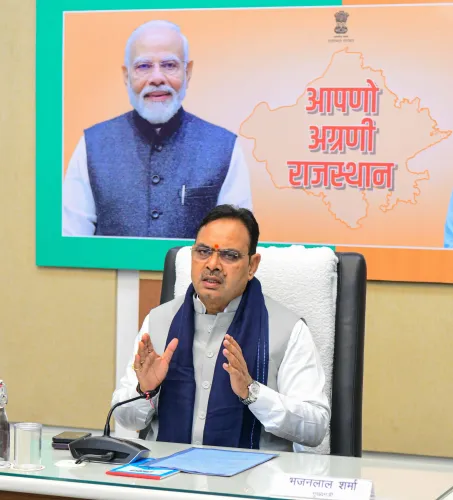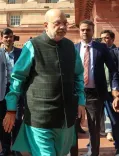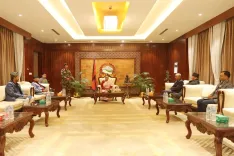Is Hindu Society at Its Peak and Aiming to Unify the World?
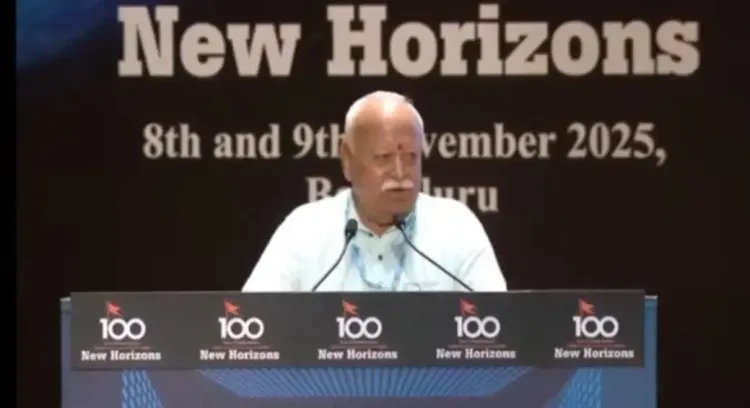
Synopsis
Key Takeaways
- Hindu society is flourishing and seeks global unity.
- Inclusivity is central to Hindu identity.
- Shared ancestry among all faiths is emphasized.
- Unity amidst diversity is a key principle.
- Organizing Hindu society is deemed essential for cultural preservation.
Bengaluru, Nov 8 (NationPress) The Rashtriya Swayamsevak Sangh (RSS) Sarsanghchalak Mohan Bhagwat stated on Saturday that Hindu society is currently at the pinnacle of its strength and has a continuous desire to unite the world.
While addressing a significant audience in Bengaluru during a two-day lecture series held to mark the centenary of the RSS, Bhagwat remarked, “Hindu society is flourishing. We have always sought to bring the world together.”
He emphasized that all Muslims and Christians share common ancestry, noting that while some might be unaware or have been led to forget, the truth remains that they are fundamentally Hindus. “This is our identity, as 'Hindu' signifies inclusivity. Those residing in Bharat who think, honor, and embrace all diversities are considered Hindus,” Bhagwat explained.
He further stated that this unity was achieved through the connections our ancestors discovered between all of creation and humanity. “Despite our apparent differences, we embody the same essence of unity. The ultimate goal for everyone is to recognize this unity and attain everlasting happiness, a lesson taught by every Indian religion,” he added.
Bhagwat asserted that the same principles are echoed in the Preamble of the Constitution. “In this regard, our society is traditionally recognized as Hindu, and it is essential to organize Hindu society,” he mentioned.
According to Bhagwat, there are four categories of Hindus in society:
“Firstly, there are those who take pride in identifying as Hindus. Secondly, some acknowledge their Hindu identity but question the basis for pride. Thirdly, certain individuals recognize their Hindu identity but refrain from public acknowledgment due to political fears. Lastly, there are those who have forgotten their Hindu roots,”
he elaborated.
“In an examination, we tackle the easier questions first. Similarly, our mission is to unite society, as there is no such entity as an 'Ahindu',” Bhagwat stated.
“Differences do not equate to separation. This is encapsulated in the term 'Hindu'. Hindus have always asserted that everyone has their own path, and all paths deserve respect,”
he urged.
Bhagwat responded to inquiries regarding the identification of Indian society as Hindu society. “Hindus bear the responsibility for Bharat. What constitutes Bharat? It is not a nation formed by the British; it is an ancient civilization. Although there are many inhabitants, there exists a singular culture. For instance, during Babar's invasion of Punjab, both Hindu and Muslim women suffered greatly, as noted by Guru Nanak Ji, highlighting their shared plight,” Bhagwat remarked.
Quoting Sri Aurobindo, he concluded, “It is God's will for Sanatan Dharma to rise, and Bharat must flourish.” He emphasized, “Being Hindu entails being accountable for Bharat. Thus, organizing Hindu society is critical, as India is a Hindu nation, and this does not contradict our present endeavors.”


